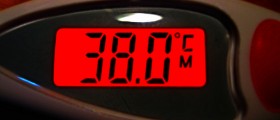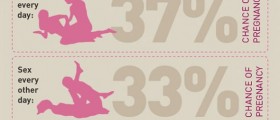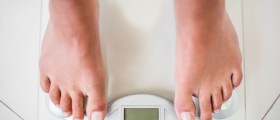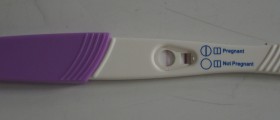Have you just lost a significant amount of weight, or are you planning to start a diet soon? Perhaps you're cycle has become unpredictable, or you are preparing yourself for the chance that weight loss will cause irregular periods for a while. What menstrual cycle changes after weight loss are normal, and when should you be concerned?

Positive changes to your cycle
You may well have heard horror stories about your period stopping because of weight loss. This happens in some cases, but you may also notice positive changes to your cycle. Did you know that childhood obesity can make a girl's periods start early? Obese women may also have heavier and more painful periods than their counterparts who have healthy BMIs. Losing weight may actually make your menstruation less unpleasant. If your weight loss diet consists of healthy foods, and is well balanced, your general health may also improve. Women who have no nutritional deficiencies may feel less tired around the time of their period (especially if you had iron-deficiency anemia before), and may have less cramping.
Negative changes
In some cases, your period may temporarily come to a halt if you lose lots of weight. This is a sign that you have overdone it, and you should probably see your gynecologist about your lack of menstrual periods. People who have eating disorders often have no cycle at all, and being seriously underweight carries just as many risks as being very overweight.
And does your cycle affect weight loss?
According to some people, your menstrual cycle affects how much weight you can lose. It is said that the luteal phase of the cycle, which is the time between ovulation and the next expected period, is a bad time to lose weight. You lose weight more easily during the first half of your menstrual cycle. This view may not be very scientific, but if you notice this to be true, don't be surprised.

















Your thoughts on this
Loading...